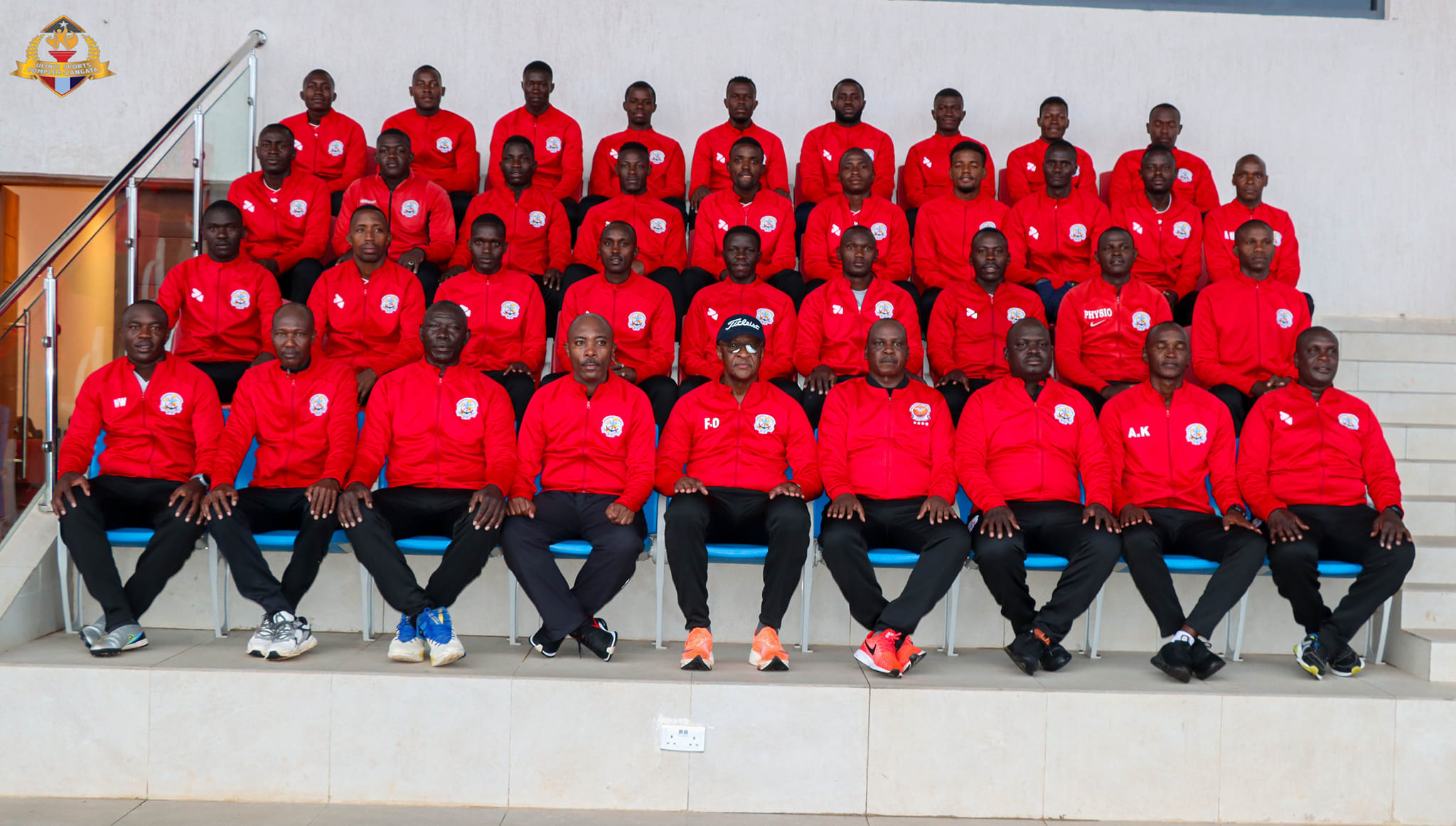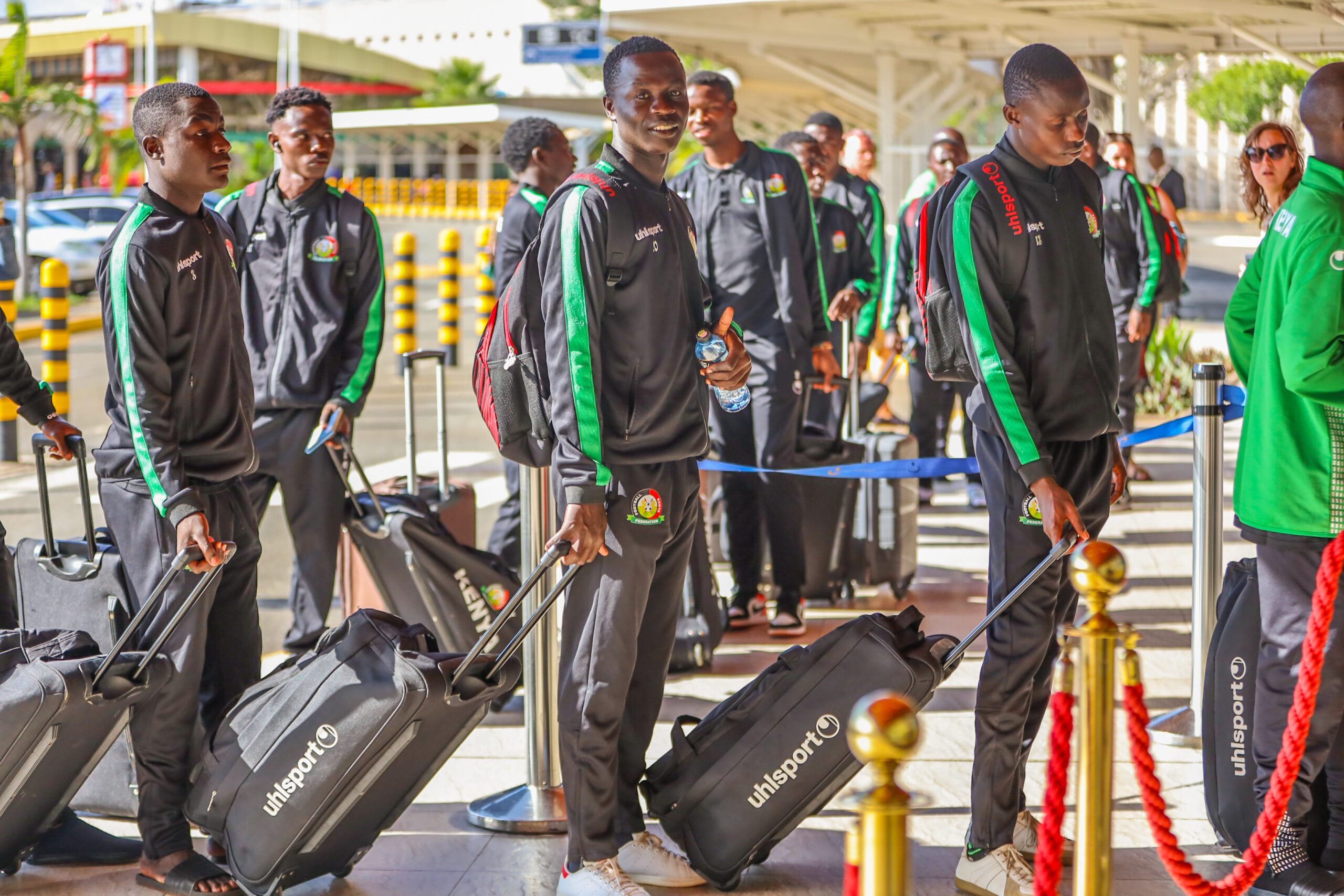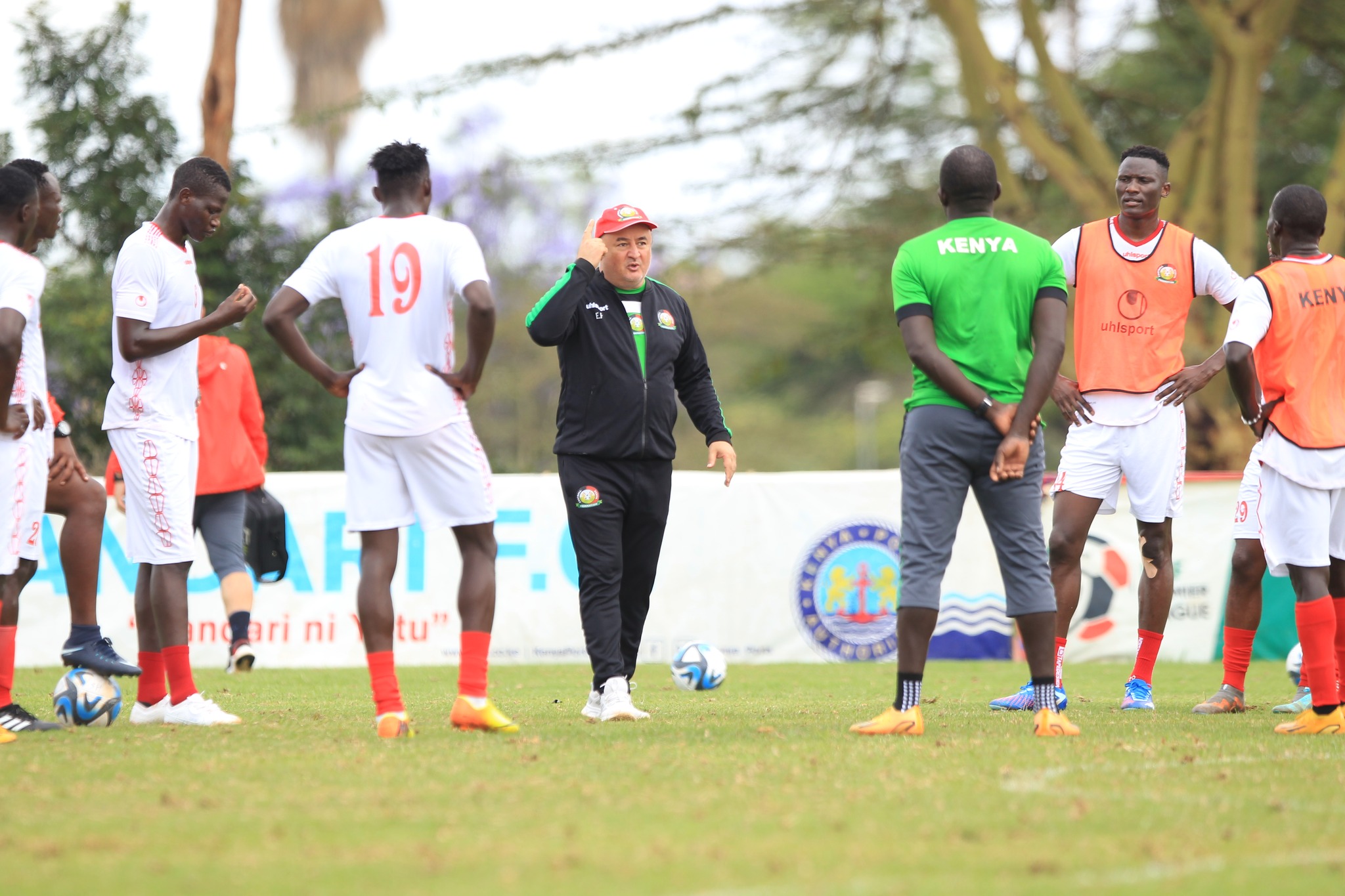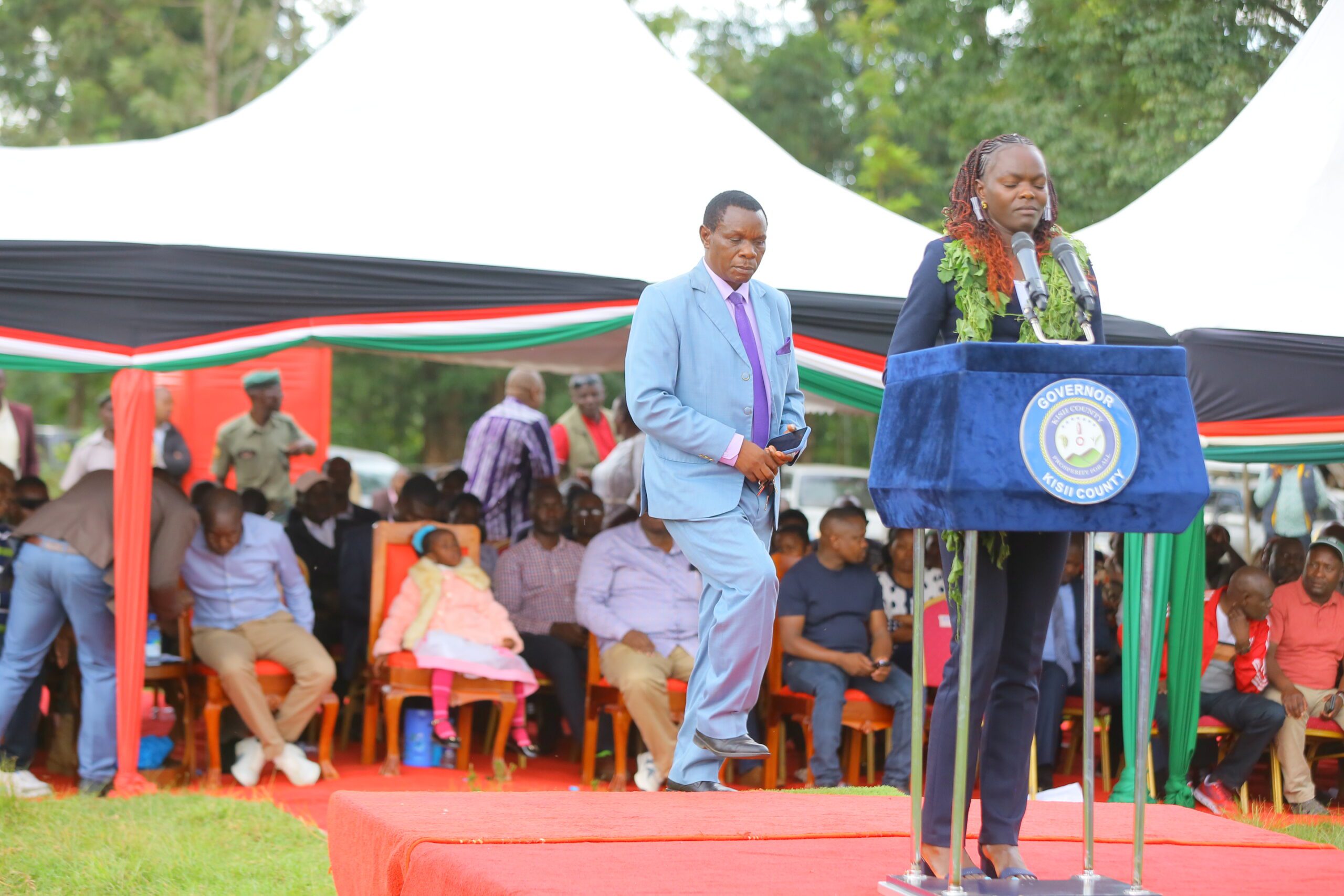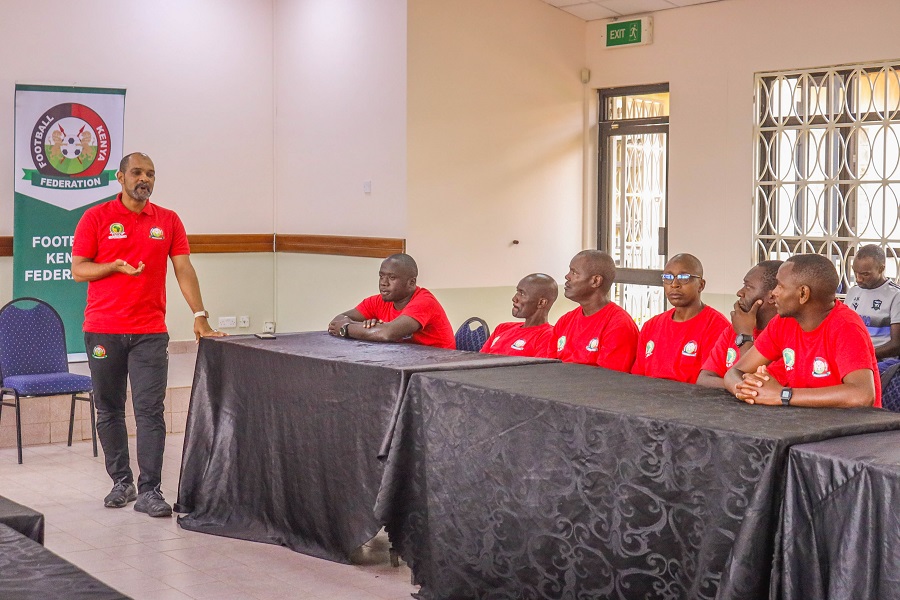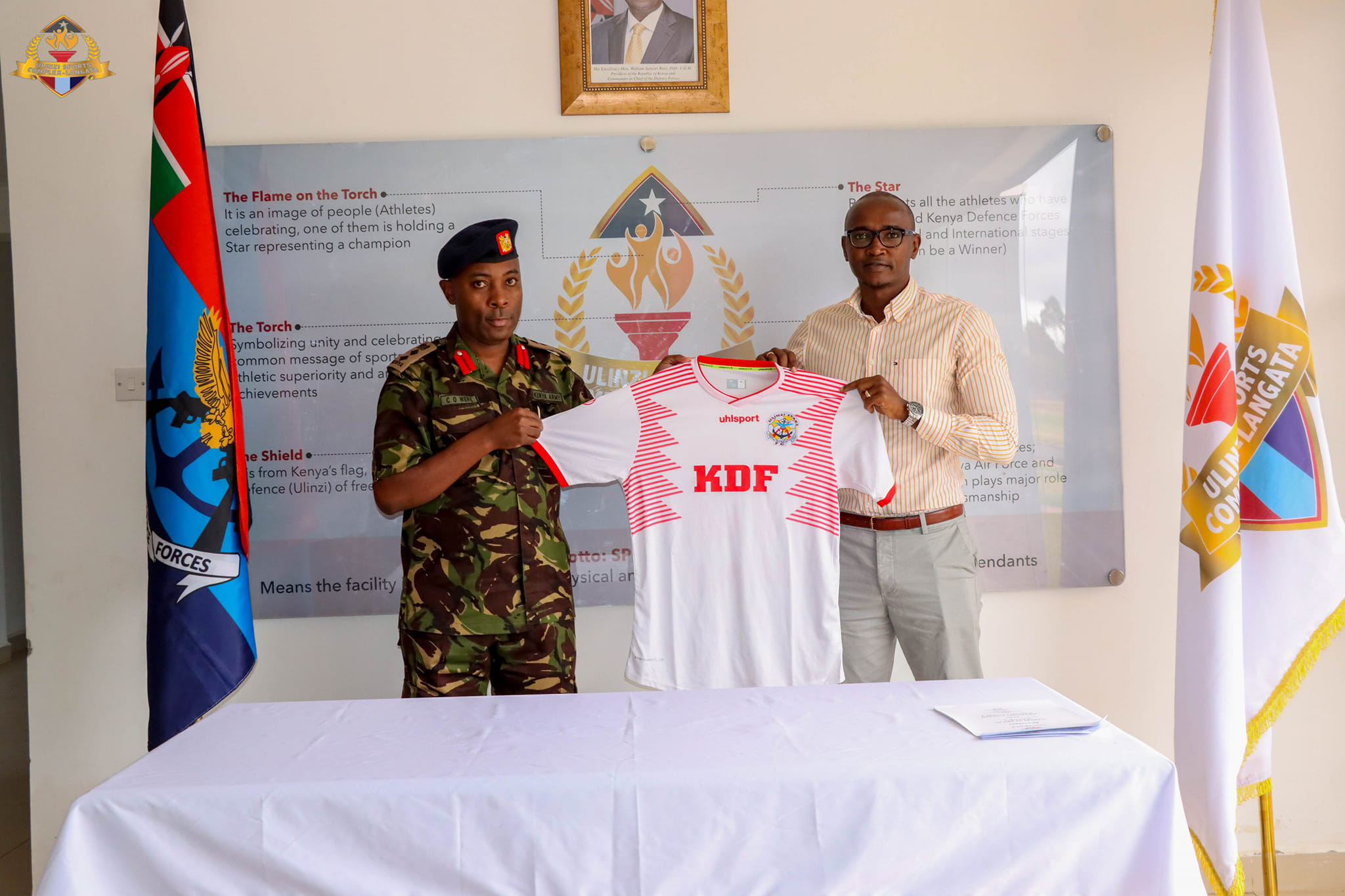

By OUR CORRESPONDENT
| Regional business leaders have outlined priorities to unlock business and investment to the new EAC Secretary General Veronica Nduva. In her keynote address during the EABC CEOs-EAC Secretary General Round Table held in Arusha, Tanzania, the EAC Secretary General, Nduva, urged the private sector to have a different drumbeat for intra-EAC trade to thrive under the clarion call of “Buy East African, Build East Africa.” The EABC CEOs-EAC Secretary General Round Table was organised under the theme, “Boosting Intra-EAC Trade and Investment: Unlocking Barriers and Leveraging Opportunities” by the East African Business Council (EABC) in collaboration with the East African Community (EAC) and in partnership with GIZ-EAC. It was sponsored by ISUZU East Africa Ltd, Tanzania Cigarette Public Limited Company, Stanbic Bank, Groupe EIS-EKA and Tanzania Breweries Limited. |
Nduva, highlighted the significant strides made by the EAC, including the streamlining of clearance processes under the Single Customs Territory (SCT).
“The centralised platform has been established to facilitate real-time exchange of Customs and Trade data, automating priority clearance for compliant traders,” she said
Nduva further emphasised the EAC’s progress in border efficiency through the implementation of One-Stop Border Posts (OSBPs), which have led to a 70% reduction in border crossing times and generated annual savings of over USD63 million. Additionally, 274 Non-Tariff Barriers (NTBs) have been resolved since 2007. The EAC has also developed and operationalised the NTB App to simplify NTBs reporting.
The Secretary General urged the private sector to collaborate with the EAC in identifying ways to improve access to affordable financing for SMEs.
Nduva reaffirmed her commitment to exploring climate finance opportunities under the East African Sustainable Growth (EASG) framework and supporting the establishment of dedicated financial instruments such as low-interest loans, grants, and venture capital targeted at SMEs, adding that this initiative will require active engagement with the private sector.
“We are also working to increase awareness and integrate MSMEs into the regional compliant trader programme, which has effectively reduced fraud and delays,” said the Secretary General.
The Secretary General also pledged to follow up on EAC Council directives and decisions, particularly those relevant to the private sector. She also committed to ensuring that the Sectoral Council on Legal and Judicial Affairs meets to facilitate the adoption of any pending EAC Trade instruments.
EABC Vice Chairperson, Mr. Dennis Karera, who represented the the EABC Chairperson, underscored the importance of governments to turn policies into action by fully implementing EAC commitments to boost intra-EAC trade and investment.
Mr. Karera said that liberalisation of air transport services, mutual recognition of professionals, abolition of work permits, EAC trade remedies, harmonisation of domestic taxes and elimination of long-standing non-tariff barriers are solutions set to enable businesses to fully tap into the EAC Customs Union and Common Market of over 300 million people.
The EAC economy is projected to grow by 5.1 percent in 2024 and 5.7 percent in 2025.
In his remarks, Mr. Adrian Njau, the Acting Executive Director of EABC, said that as the Voice of the Private Sector in East Africa, the EABC has continuously advocated for policies that unlock barriers and catalyse trade and investment within the region.
Mr. Njau said that intra-EAC trade stands at 15% of total trade, amounting to USD12.2 billion in 2023, indicating that 85% of our trade is still with the rest of the world. He called for public-private dialogue and different thinking to harness opportunities and increase intra-regional trade to 40% by 2028.





























































































